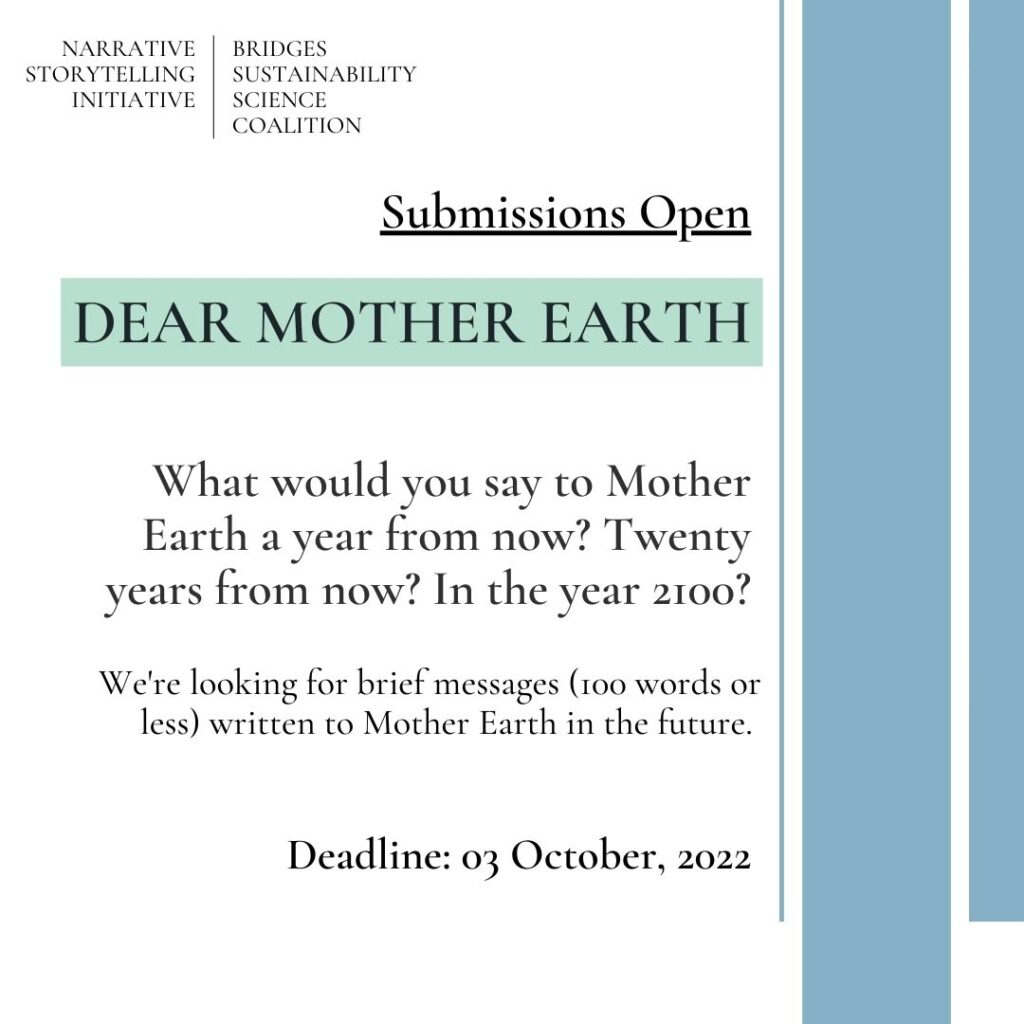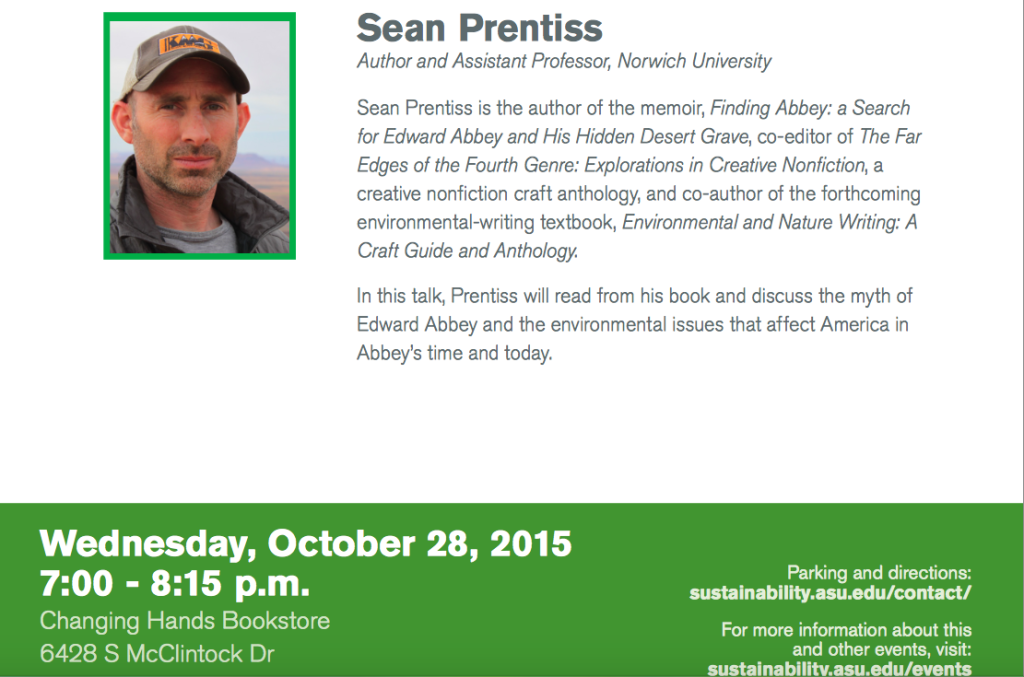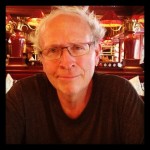 I have an English degree, and I’m a proposal coordinator for an engineering company. How in the (real) world did that happen?
I have an English degree, and I’m a proposal coordinator for an engineering company. How in the (real) world did that happen?
When I told people I was majoring in English, the response was usually, “Are you going to teach, or work at Starbucks?” I have neither the patience nor tact for teaching. I’d scream every time a student wrote about a dream or heaven forbid, a vampire. Maybe I just really hate vampires. Maybe I wanted to defy every person who ever said an English degree was only for future baristas of America.
I graduated college three years ago. I worked on the first Superstition Review issue with Trish and she directed my committee for my Barrett Honors College thesis. My premise? I don’t really know anything! That principle hasn’t really changed to this day. It sounds pessimistic at first, but it’s actually become a mantra for personal success.
I’m 25, and smack dab in the middle of an age group known for being brash. So, I feel that I can grow as a person by acknowledging and honing the few things I do know (in comparison to all the things there are to know in the world). Basically, I hope to avoid the pitfall of becoming another foolhardy, unemployed, 20-something of the Millennial generation.
I had five editorial internships in college and still didn’t have a “real world” lead when I graduated. I thought I wanted to go into publishing, but the job well was dry at the time. My internship mentor suggested marketing positions; sometimes their descriptions are similar to editorial work. This was some of the best advice I ever received, and I found several comparable options.
The one that stuck out to me was this engineering firm. I looked at their website and saw a company that designs roads, builds museums, encourages sustainable energy options, keeps water and shorelines clean. I wanted to be a part of this. I walked into the interview and said, “I don’t know anything about engineering. But, I do know words, and I know them well.” I proved it with an editing test, and got the job.
My title is “proposal coordinator.” I write, edit, and produce proposals detailing my company’s qualifications for completing a project. From designing wastewater treatment plants in California to expanding ports in Florida, I create books aiming to persuade clients that we are the right team for the job. I work with a project manager to develop the text and design an interesting, effective document. The engineers provide the technical know-how, and I provide the understanding of English and a creative eye. It’s the perfect symbiotic relationship for two people who know their respective topics. The projects range from a few thousand dollars to a few million, and help us intelligently plan for using/replenishing Earth’s resources well into the future.
I still freelance for one of my mentors, writing pieces for local magazines. It’s a nice creative outlet when the technical talk starts to take over and I need a break. I’ve approached the “real world” a lot like I approached college. Humility and embracing the big picture that there is always room to grow has served me unbelievably well, and I’m grateful for every day that I’m gainfully employed at my job. Plus, there aren’t any vampires.



